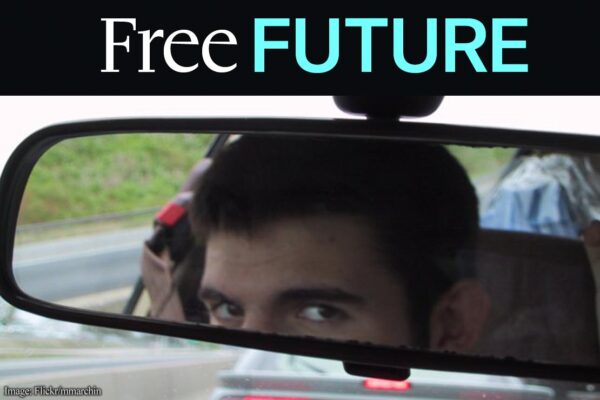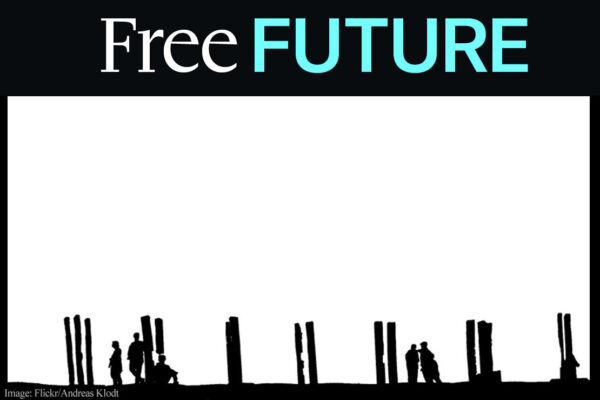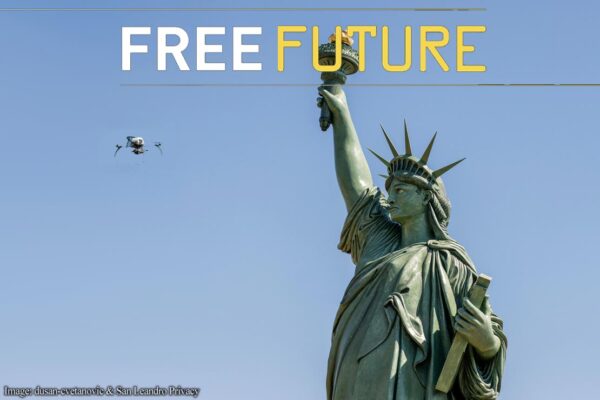Witnesses Describe Internet Censorship Fears to Court; Oral Argument Set for April 22
FOR IMMEDIATE RELEASE
NEW YORK -- Witnesses representing an online arts group, a library, a gay issues forum and the American Civil Liberties Union have all testified that a New York statute barring "indecency" on the Internet could subject them to criminal prosecution.
Their testimony on Monday concluded three days of courtroom hearings before Judge Loretta A. Preska in ALA v. Pataki, the challenge to New York's Internet censorship law brought by the American Civil Liberties Union, the New York Civil Liberties Union, the American Library Association, and others.
The groups argue that the law, which imposes criminal sanctions of up to four years in jail for communicating so-called "indecency" to a minor, would reduce all speech on the Internet to a level suitable for a six-year-old. The ACLU successfully challenged a similar federal law in Reno v. ACLU, currently under review by the Supreme Court.
"We think we were able to demonstrate the disastrous effect the New York law -- like the federal CDA -- would have on individual speakers and non-profit groups who communicate on the Internet both within and outside the state of New York," said Ann Beeson, an ACLU national staff attorney who conducted direct examination of several plaintiff witnesses. "A long line of well-established Supreme Court decisions demonstrate that government cannot ban protected speech for adults in the name of shielding children."
The government's case began and ended with the presentation of a sole witness on Thursday morning: Michael McCartney, an investigator with the Buffalo Attorney General's office who surfs the ?Net for evidence of online sex crimes.
"The weakness of the government's case is evidenced by the fact that they put on only one witness, who testified that existing laws cover the overwhelming majority of cases in which he has been involved," said ACLU attorney Chris Hansen, who cross-examined McCartney.
Defendants' only other witness, Westchester County District Attorney Jeanine Pirro, was withdrawn by government lawyers before the hearing after the Judge questioned Ms. Pirro's relevance as an expert on the legislative history of the law. Legislative history is normally a legal, not a factual question, and therefore not usually the subject of witness testimony, the ACLU's Hansen explained.
On Friday, plaintiffs presented Internet expert Diane Kovacs, who demonstrated to the Court the workings of the World Wide Web, newsgroups, and e-mail via a live online hookup. Mrs. Kovacs also testified that filtering programs such as Net Nanny allow parents to determine the kind of material their children can see online as well as bar access to chat rooms, newsgroups, e-mail, and other functions.
At the conclusion of the hearing, Judge Preska set oral argument for Tuesday, April 22, at 2:00 p.m.
Judge Preska also asked plaintiff and defendant lawyers for additional legal argument on the issue of whether the statute violates the Commerce Clause of the U.S. Constitution. The ACLU has argued that the New York Act violates the Commerce Clause, which forbids states from regulating conduct that occurs outside its borders.
"A favorable ruling on our Commerce Clause claim may deter other states from passing unconstitutional censorship laws," said the ACLU's Ann Beeson, who will be representing plaintiffs in oral arguments later this month.
The ALA v. Pataki plaintiffs are: the American Library Association, the Freedom to Read Foundation, the New York Library Association, the American Booksellers Foundation for Free Expression, Westchester Library System, BiblioBytes, Association of American Publishers, Interactive Digital Software Association, Magazine Publishers of America, Public Access Networks Corp. (PANIX), ECHO, NYC Net, Art on the Net, Peacefire and the American Civil Liberties Union.
Michael Hertz, Anat Hakim and others of the New York firm Latham & Watkins provided pro-bono assistance to the ACLU and NYCLU; Michael Bamberger of Sonnenschein Nath & Rosenthal in New York is also co-counsel in the case. Lawyers from the ACLU are Chris Hansen, Ann Beeson and Art Eisenberg, legal director of the NYCLU.
Note: complete information on the New York lawsuit, including courtroom transcripts, the complaint, and plaintiff and expert witness declarations, is available on the ACLU Freedom Network Web Site.



